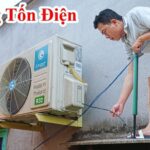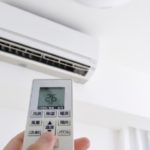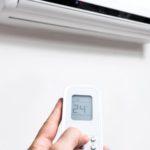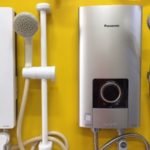1. Water Heaters
Water heaters are designed to maintain a constant water temperature when turned on, providing hot water at any time. However, this also means that the heater will continuously consume electricity throughout the day to keep the water hot. This can be particularly wasteful during summer when the demand for hot water is low.
Solution: When not in use, unplug your water heater. This will not only save electricity but also reduce your monthly electricity bill.
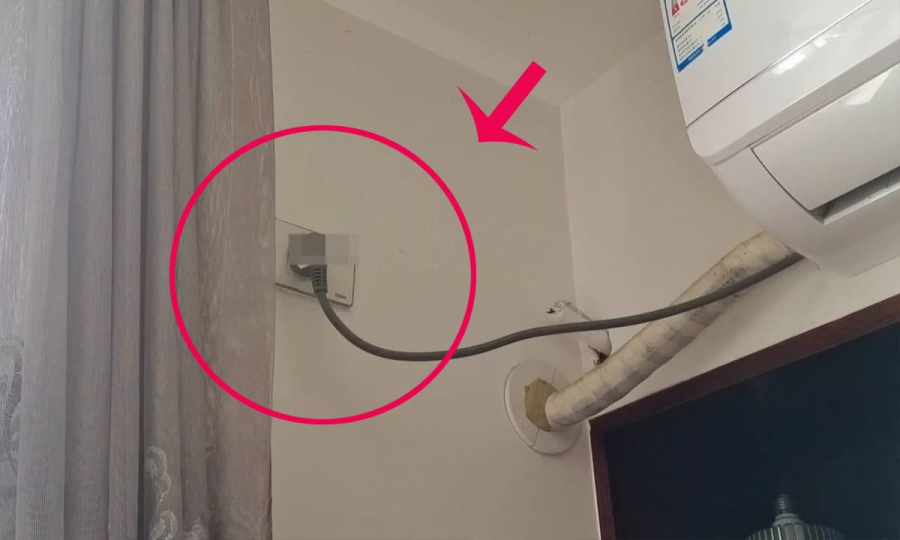
Unplug appliances when not in use, such as water heaters and air conditioners…
2. Televisions
Even when you press the Off button on your remote control, your television is not entirely powered off. It remains in standby mode, consuming a small amount of electricity to maintain functions like timers, channel memory, and software updates. For smart TVs, the power consumption is even higher to maintain network connectivity.
Solution: Unplugging your TV when not in use is an effective way to save electricity, especially if you won’t be using it for extended periods.
3. Phone Charging Cables
Phone charging cables that are plugged into a power outlet but not connected to a phone still consume a small amount of electricity. While this may not seem significant, over time, it can contribute to higher electricity costs. Additionally, leaving charging cables hanging or placed on pillows or blankets can pose a fire hazard due to potential electrical leakage.
Solution: Get into the habit of unplugging your charging cables when not in use. This will not only save electricity but also ensure safety and prolong the lifespan of your cables.
4. Air Conditioners
Many people leave their air conditioners on standby for convenience. However, even when not in use, air conditioners consume electricity to maintain basic functions. When turned off, the device remains in standby mode with the indicator light on, continuing to consume energy.
Solution: During seasons when you don’t use air conditioning, unplug the appliance to save electricity and give it a “break”. This will also prolong the lifespan of your air conditioner. Simple habits like unplugging electronic devices when not in use can significantly reduce your electricity costs and enhance your family’s safety.
The Secret to a Good Night’s Sleep: It’s Not Just About the Temperature
Introducing the latest innovation in air conditioning technology – a feature that is now standard across most air conditioner lines. This cutting-edge mode is designed to revolutionize the way you experience indoor cooling, taking your comfort to the next level. With this mode, you’re in for a treat as it delivers the perfect balance of temperature and airflow, ensuring a pleasant environment that caters to your every need. It’s time to embrace the future of air conditioning and discover a whole new world of unparalleled comfort.
























